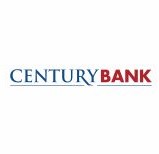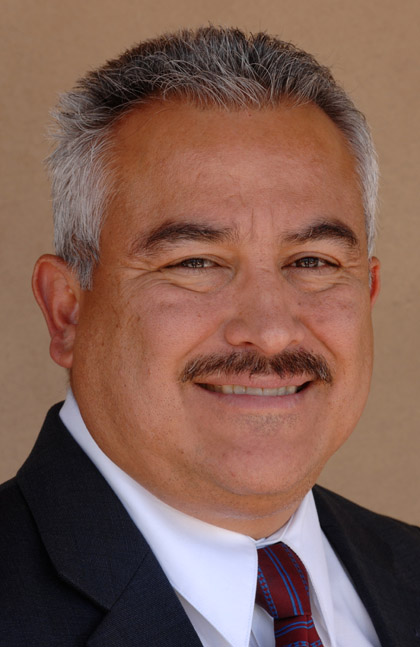One loan isn’t the same as another when borrowing money to build or sustain a business. Lenders act as matchmakers, fitting business owners with the type of credit they need for specific business needs.
Most traditional and nonprofit lenders offer a menu of loan options tailored to an entrepreneur’s individual circumstances — his or her credit history, cash flow, collateral, capacity, and capital. The loans can be conventional, or they can be guaranteed with backing from the U.S. Small Business Administration if the business would otherwise have a hard time qualifying for a conventional loan and the owner needs more flexible loan terms, such as a longer repayment schedule and less stringent collateral requirements. When a bank is unable to lend to a business, loan officers typically refer the business to a nonprofit lender that offers business consulting as part of the loan package.
If a business needs money for working capital, an ideal product is a revolving line of credit, said David Valdez, a small business/commercial lender at Century Bank’s Santa Fe office. “The business uses the line when cash coming in is slow and pays it down when the cash is flush.”
Working capital covers seasonal expenses, such as the purchase of inventory, supplies and materials, and it can be used to bridge timing gaps when accounts receivable aren’t keeping up with payroll, urgent bills and unexpected expenses. The typical line of credit matures every year and is renewed if it re-qualifies. Valdez said the line should revolve, meaning that it’s paid down with the receipt of account receivables or the sale of inventory.
Banks also lend money to businesses to purchase essential equipment. A down payment is required for this loan type, which is repaid through a manageable monthly payment, Valdez said.
Many small businesses seek loans to consolidate business debt and simplify repayment. Debt consolidation loans are repaid on a monthly plan at a rate that’s considerably less than a business credit card would carry.
Banks also offer loans to businesses that need to buy commercial real estate, to construct a commercial building, to expand, or to pursue other costly business opportunities.

Century Bank is one of many New Mexico banks that are approved SBA lenders, so many of its most popular loan products have this federal guarantee. “The SBA does not make loans itself but rather guarantees loans made by participating lending institutions,” Valdez said. “In this way, taxpayer funds are only used in the event of borrower default. This reduces the risk to the lender, but not to the borrower, who remains obligated for the full debt.”
While most businesses are eligible for financial assistance from the SBA, some are not. The business must operate for profit, have reasonable owner equity to invest, and exhaust alternative financial resources before seeking financial assistance. SBA loan programs include the 7A for loans up to $5 million, the Express Program, which funds up to $500,000, and the 504 for financing owner-occupied commercial property and equipment.
“We will look for the best product for the small business and do our best in trying to help the small business succeed,” Valdez said. And when a small-business owner is not ready for a traditional bank loan, Valdez said he suggests nonprofit lenders like The Loan Fund and DreamSpring, where ongoing business consulting is available.
Learn more about Century Bank’s small business loans.
Finance New Mexico article 805

